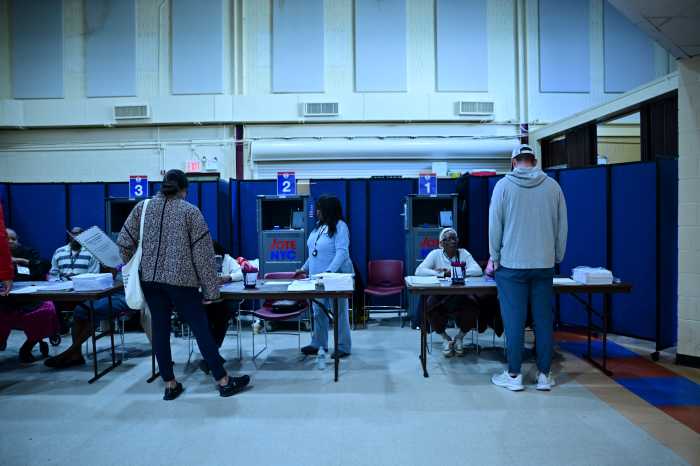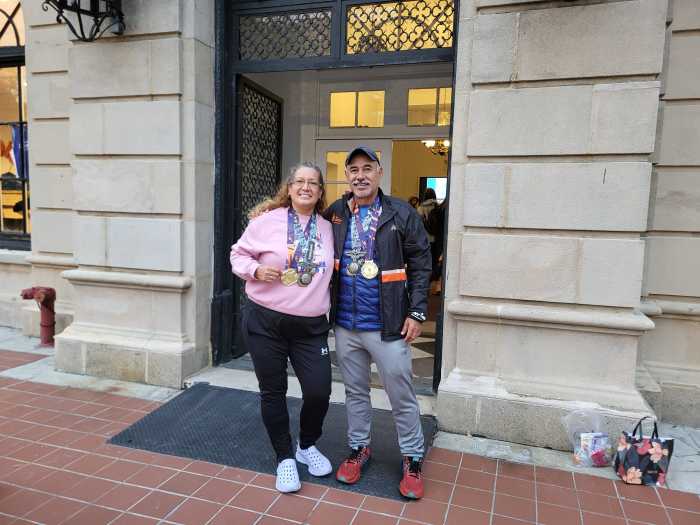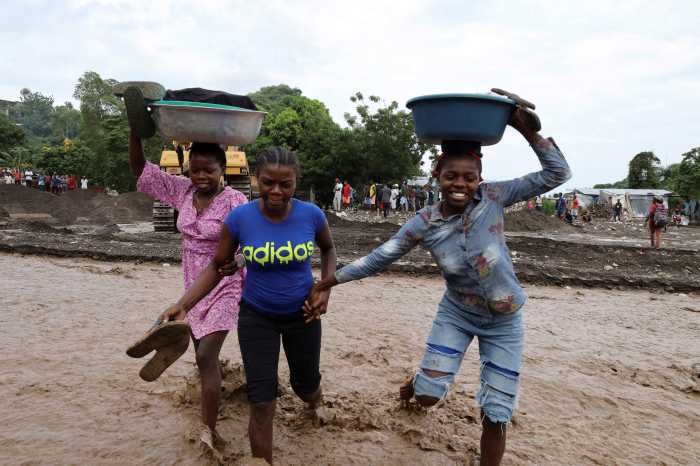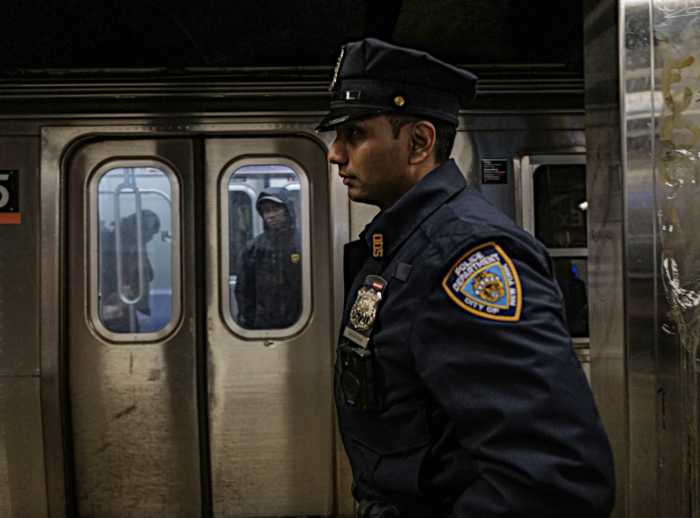Black LGBTQ adults face more health disparities, discrimination, economic woes, and violence than non-LGBTQ Black adults, according to a new study from the Williams Institute at UCLA.
The wide-ranging report, which concluded that 1.2 million of the 25 million Black people in the US identify as LGBTQ, found significant disparities in Black queer individuals’ mental and physical health, economic status, and other areas.
Among the key areas of focus in the study included the healthcare experiences of Black queer adults. The study found that 17 percent of Black LGBTQ adults are covered under Medicaid, a free health insurance plan for low-income individuals, compared to 13 percent of Black non-LGBTQ adults. In the US, Medicaid coverage is rife with stigma — which can have far-reaching effects.
In 2014, a study published in the National Library of Medicine found adults on Medicaid reported interactions with doctors that felt “demeaning.” Findings from a 2011 study revealed that many doctors do not accept patients on Medicaid. These barriers can make it especially difficult for low-income, Black LGBTQ patients to find quality care.
Although 71 percent of respondents were “out” as LGBTQ to their healthcare provider, according to the Williams Institute report, many chose to conceal parts of their marginalized status. The findings show that transgender adults are more likely to conceal their gender identity due to rampant transphobia. Furthermore, just 70 percent of Black LGBTQ adults have a personal doctor compared to 77 percent of non-LGBTQ adults.
Most LGBTQ people are not “out” to their doctors for fear of discrimination, according to a report from the Center of American Progress, a public policy and research institute. Disclosure could help doctors provide patients with personalized, LGBTQ-specific care such as STD screenings, fertility referrals, HIV/AIDS care and gender-affirming care.
These discriminatory experiences are often deadly. A 2019 case study published in the New England Journal of Medicine described how nurses ignored the pregnancy of a 32-year-old transgender man. Clinicians provided the wrong diagnosis using harmful, sex-based stereotypes. Several hours later, the man delivered a dead baby.
Among other issues, the Williams Institute study found that 25 percent of Black LGBTQ adults are more likely to have a mild disability compared to 20 percent of Black non-LGBTQ adults. According to the report, a “mild disability” is when an individual is limited because of poor health for one to 14 days.
Additionally, finding another health provider is not always accessible, and all of these experiences result in worse health outcomes.
Mental healthcare, meanwhile, is also a source of disparity for Black queer folks. While 15 percent of Black non-LGBTQ adults have been diagnosed with depression, a whopping 26 percent of Black LGBTQ adults have received a depression diagnosis.
The health disparities are compounded by other notable findings in the report, which found that Black LGBTQ respondents underscored the point that their local communities have been hostile towards trans people. Nearly 39 percent said their towns are not welcoming for lesbian, gay, or bisexual people.
While a slight majority of Black LGBTQ adults live in the south, Black LGBTQ adults are more likely than non-Black LGBTQ adults to live in the west and less likely to live in the south. Furthermore, 56 percent of Black queer adults reside in low-income households compared to 49 percent of Black non-LGBTQ adults.
Although Black LGBTQ people face the brunt of these inequities, all Black adults in the study reported everyday slights. About 82 percent of Black LGBTQ adults reported daily discrimination compared to 79 percent of non-LGBTQ adults, the study shows.
Higher levels of violence are common among Black LGBTQ adults. At least 79 percent reported verbal insults or abuse, 60 percent reported being threatened with violence, and 44 percent were physically or sexually assaulted. Nearly 43 percent of LGBTQ respondents said they have experienced a robbery or property destruction.
The study uses data from Gallup Sharecare Well-Being Index Survey, the Generations Study, and the TransPop Study. However, researchers did not account for Black sexual and gender minorities that identify as “same-gender-loving,” “heterosexual,” or use “no labels.”
The findings in the report do not detail how these inequities exist. Researchers do not provide recommendations toward providing more economic support, safety, and mental stability for Black trans and LGB individuals.
Despite these limitations, the data reveals that the needs of Black LGBTQ people continue to go unmet.
“Black LGBTQ subpopulation may be more in need of or impacted by policy and services interventions,” the study’s authors wrote. “Particularly related to improving conditions for economic stability, safety from violence, and mental health.”
To sign up for the Gay City News email newsletter, visit gaycitynews.com/newsletter.


















